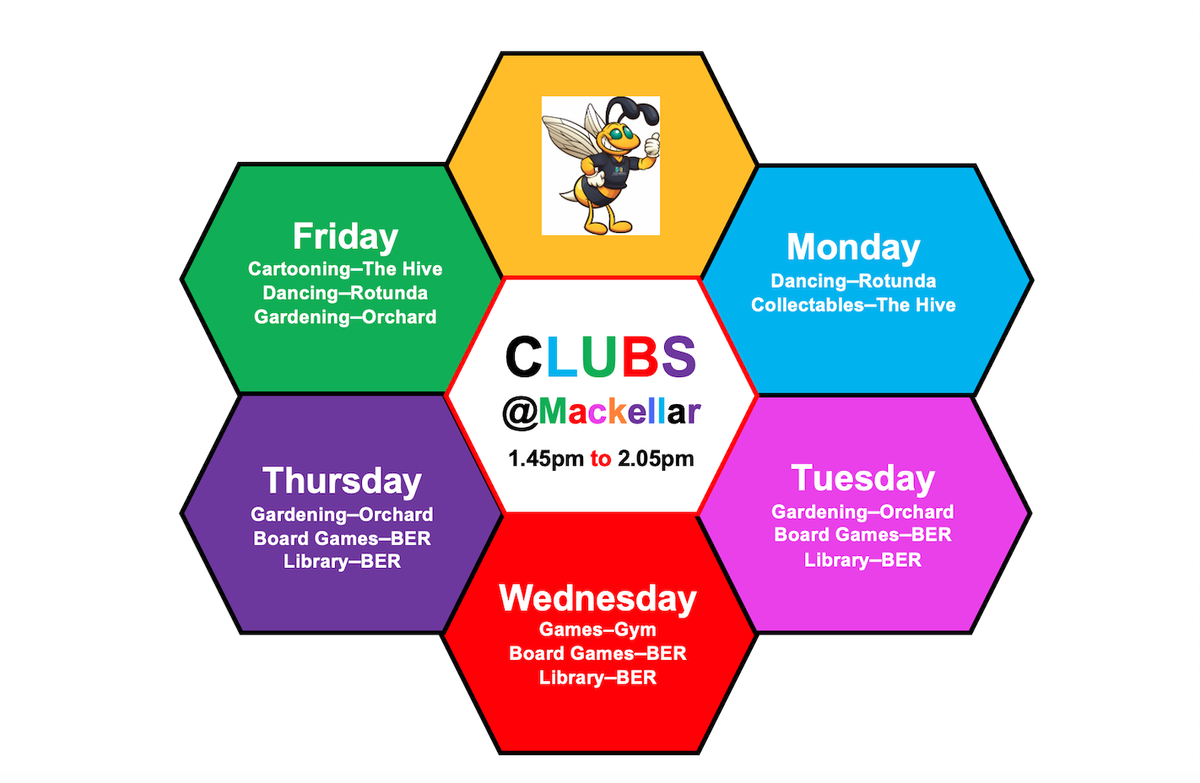SWPB and Classroom Systems
Tanya Lindsay-Clark
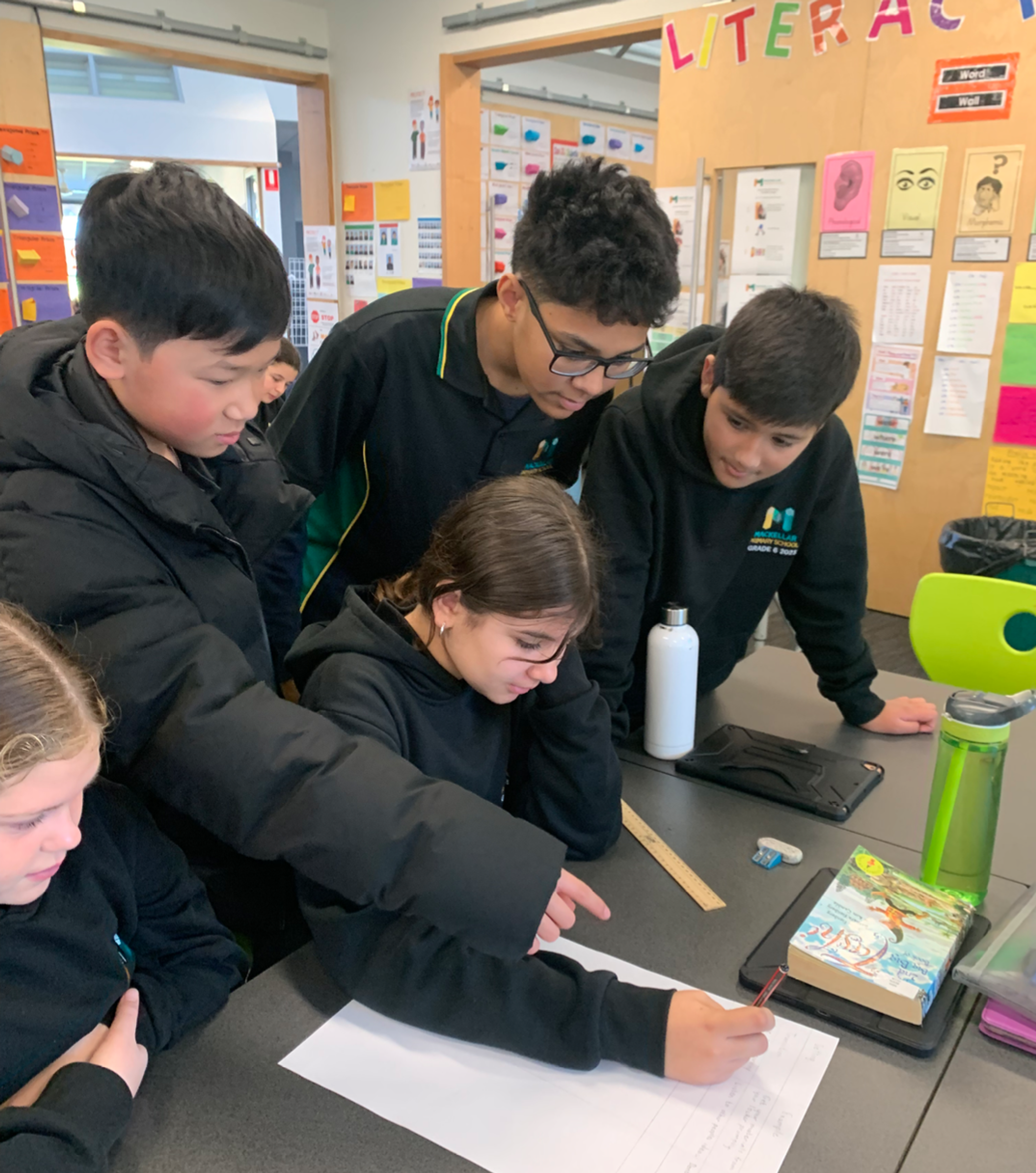
SWPB and Classroom Systems
Tanya Lindsay-Clark
This term, our student leaders introduced a huge spinning wheel for our school assemblies which is an important part of bringing to life School-wide Positive Behaviour (SWPB). When staff members acknowledge students for living up to our school values and expected behaviours, they give students a Buzz Award and communicate the behaviour that has been demonstrated. Students place their Buzz card in the barrel at the school's reception area. Each week, four Buzz Awards are drawn from the barrel and the students are announced at Monday's assembly. These students have the opportunity to spin the huge spinning wheel as a reward for their positive behaviour.
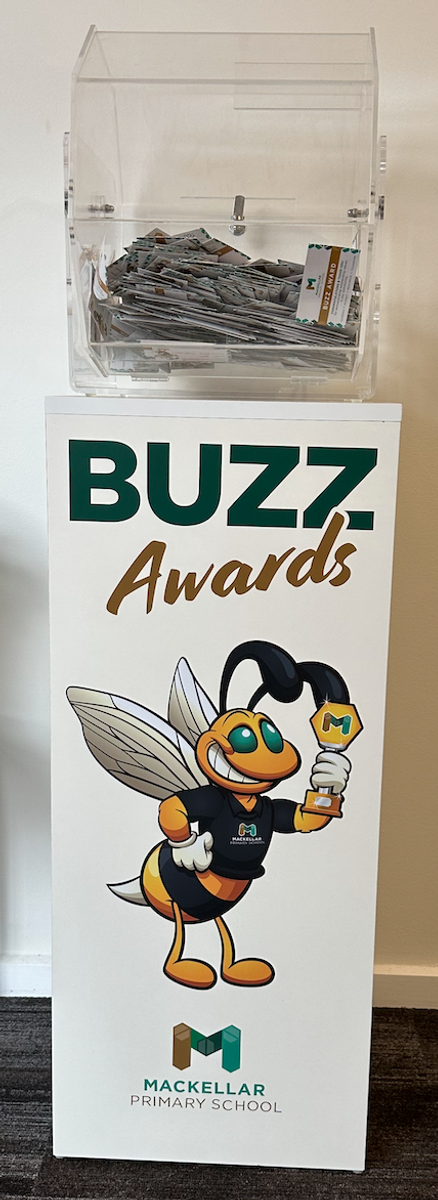

Students across all grades voted for the awards through a whole school survey that was created by our Junior School Council. The very first student drawn from the barrel was Mamasa from 4B who spun a lucky dip on our new wheel. Here is Mamasa with her chosen reward.
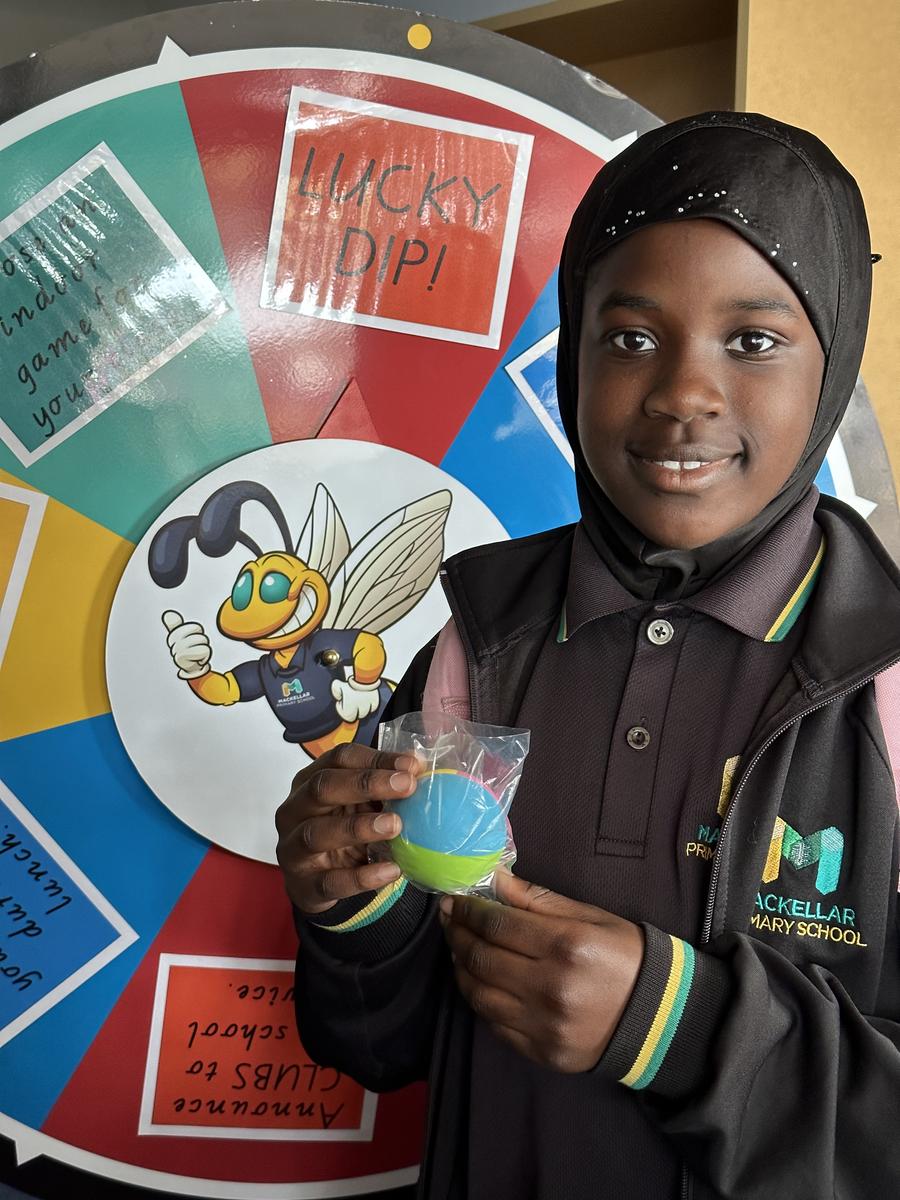

The consistent delivery of specific positive feedback and related reinforcement establishes predictable and positive classrooms. Research tell us when teachers increase their rates of specific positive feedback and reinforcement of desired classroom behaviour, student behaviour and learning improves and teacher-student relationships are enhanced.
Our Classroom Buzz Award Acknowledgement system has grown from the above school-wide outdoor acknowledgements.
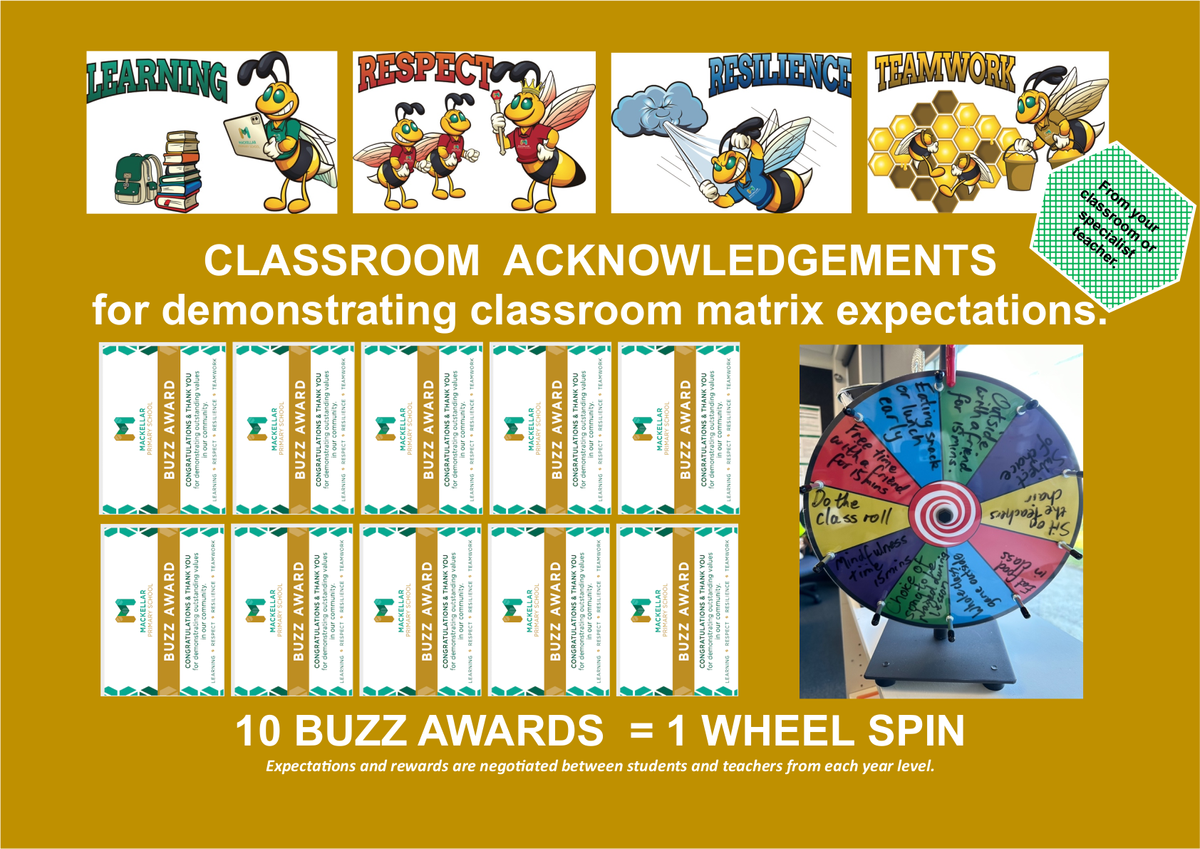
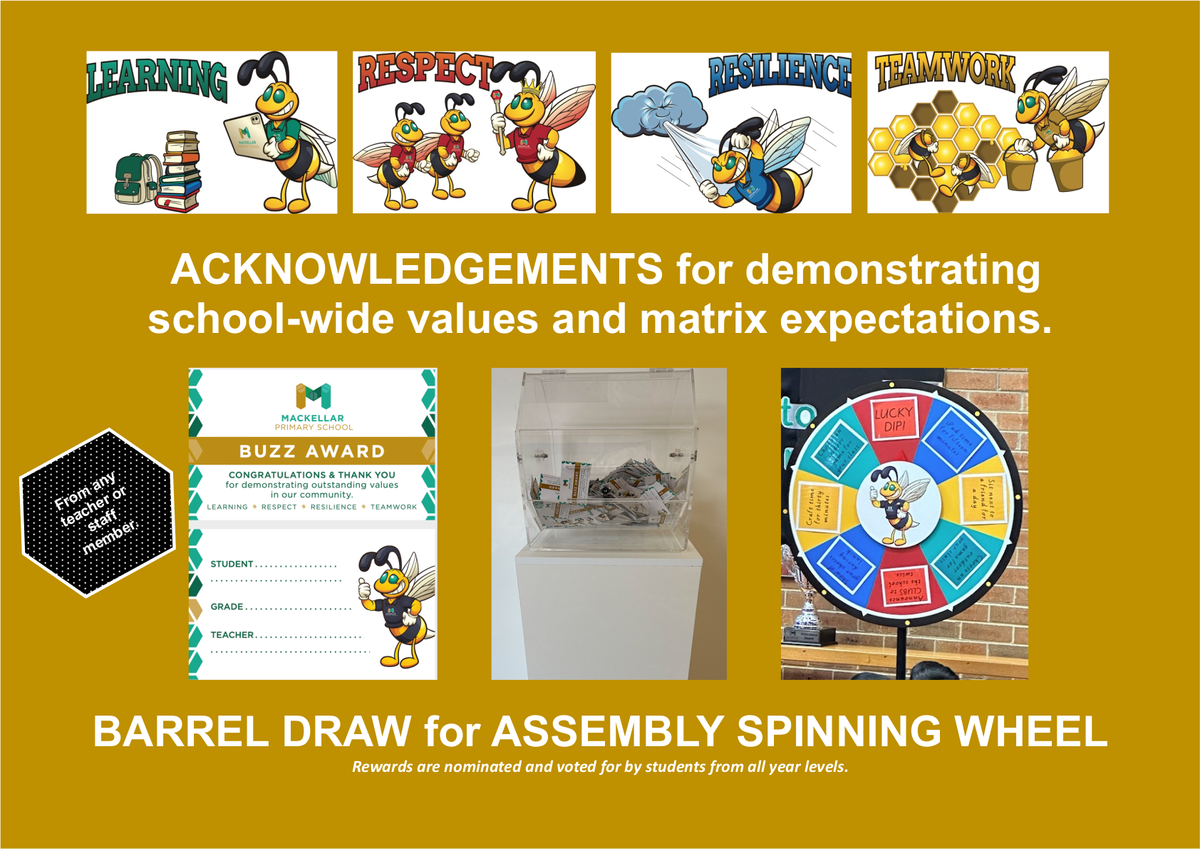


If they haven't already, your child/children will soon share their classroom matrix and buzz awards with you. The process of creating classroom expectations and routines has involved negotiation between students and their teachers. You will notice that your child's classroom matrix reflects our whole school matrix values; Learning, Respect, Resilience and Teamwork. The settings within each class are; 'whole group learning, small group learning, transitions, independent learning and when I need assistance'. This term, we will provide a brief survey for parents/carers via XUNO to measure how students have communicated the process to their families.
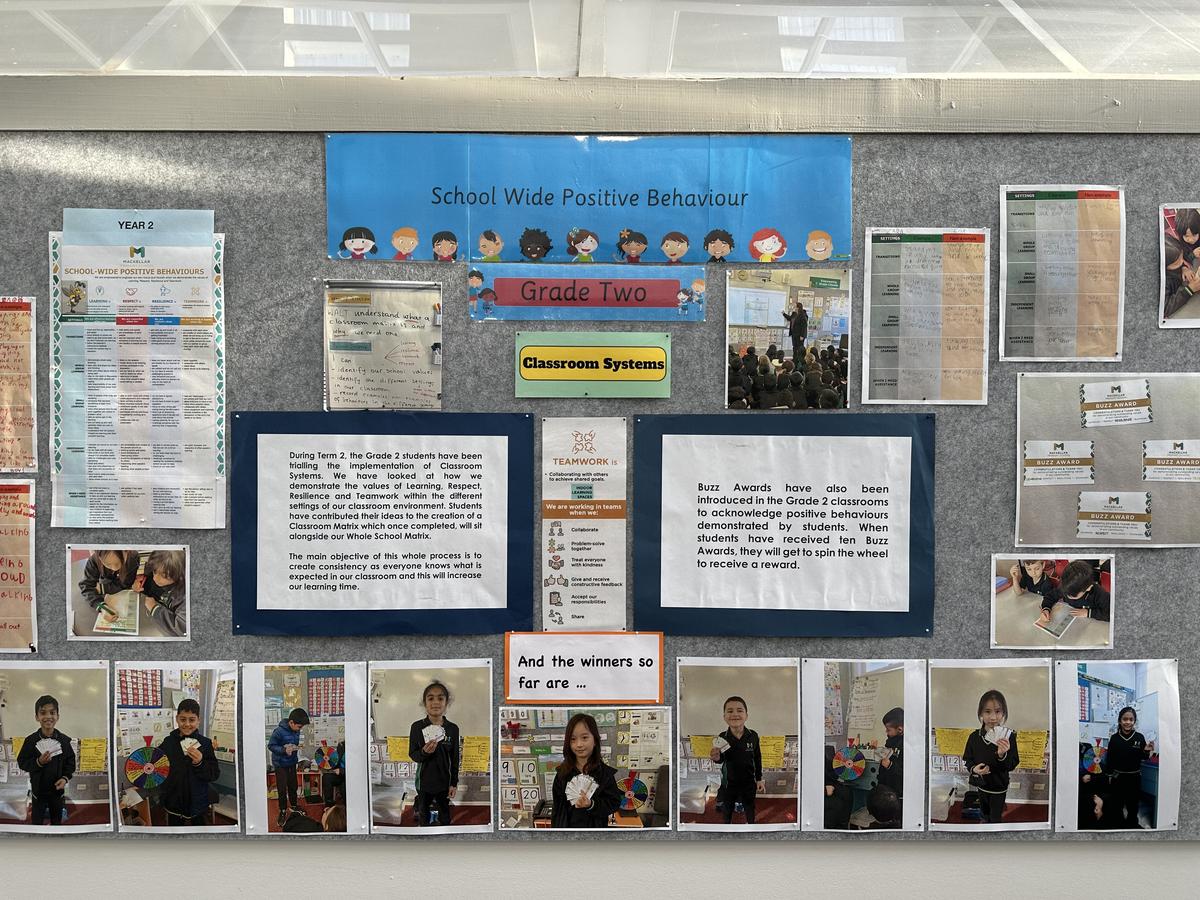
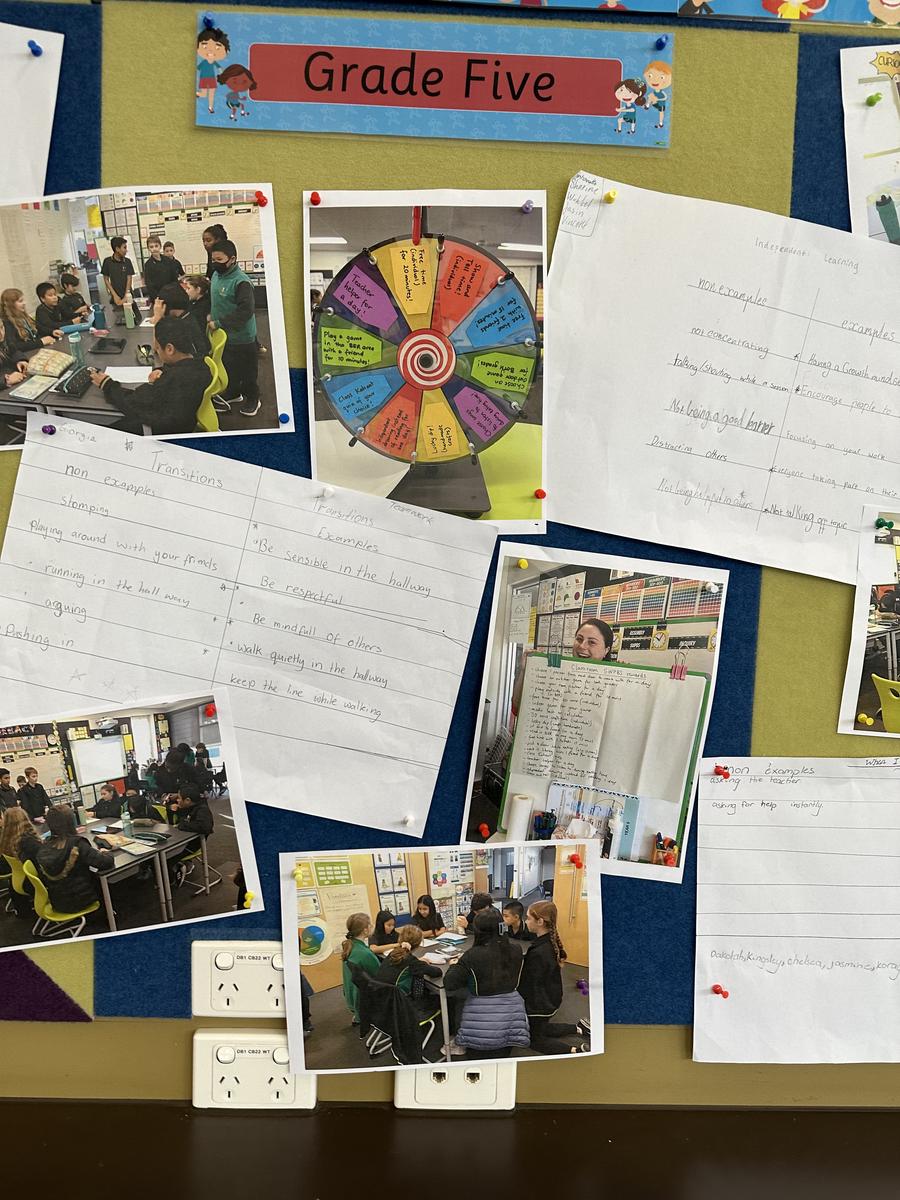
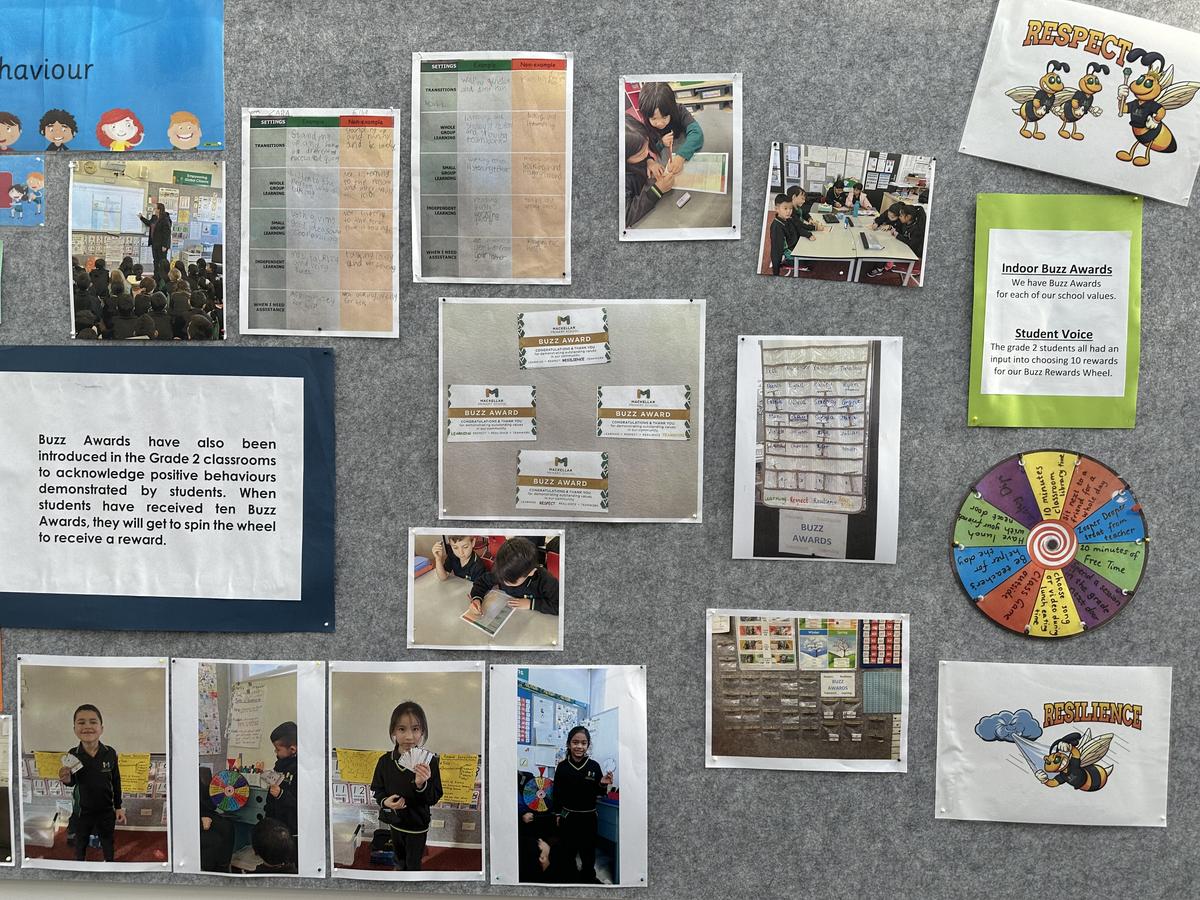
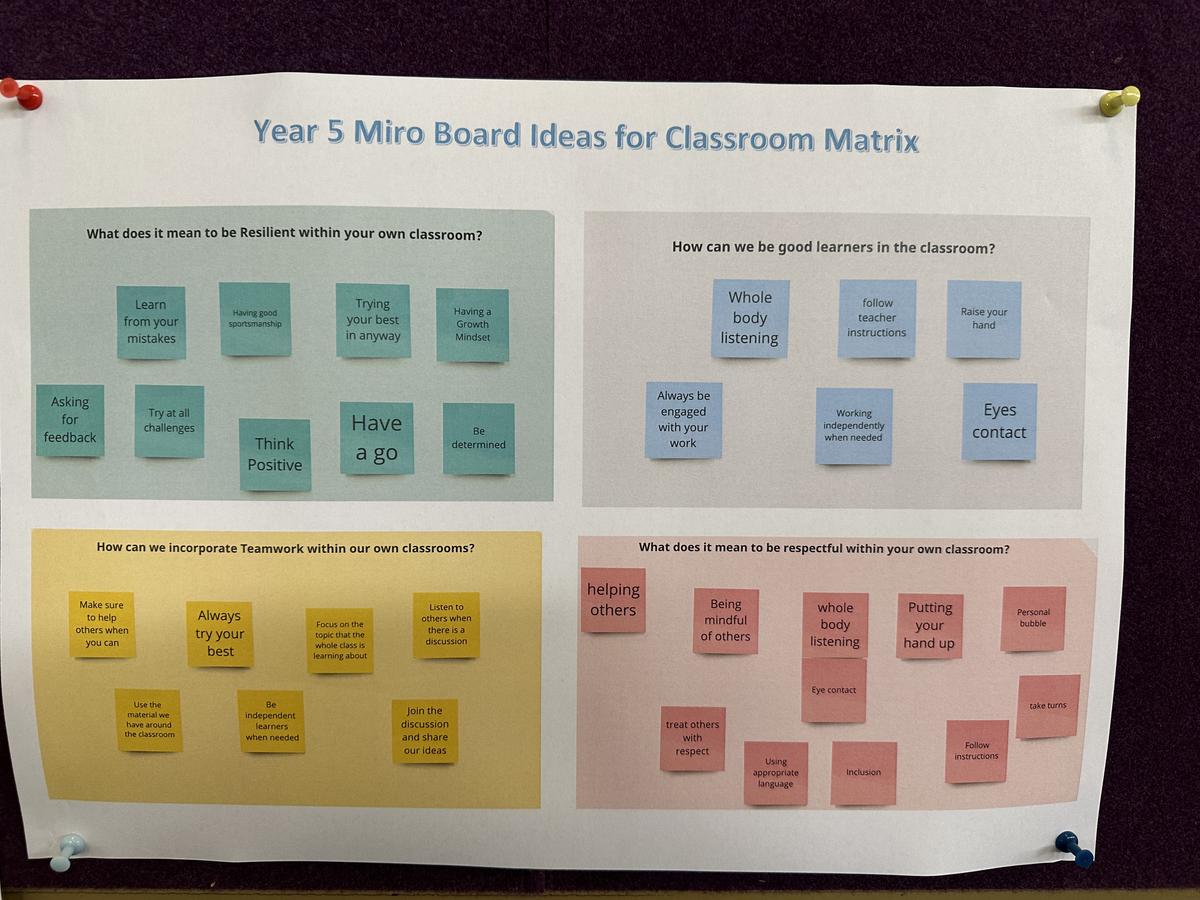
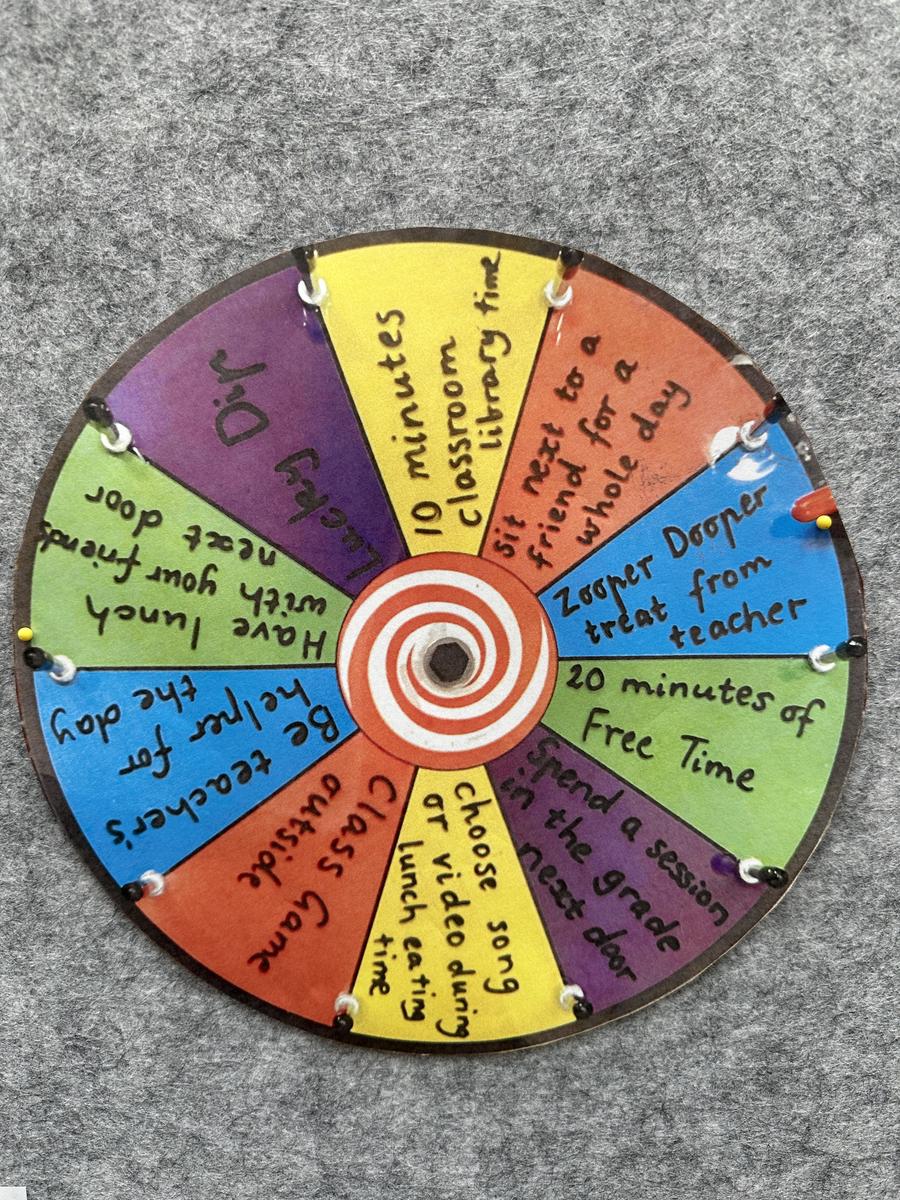





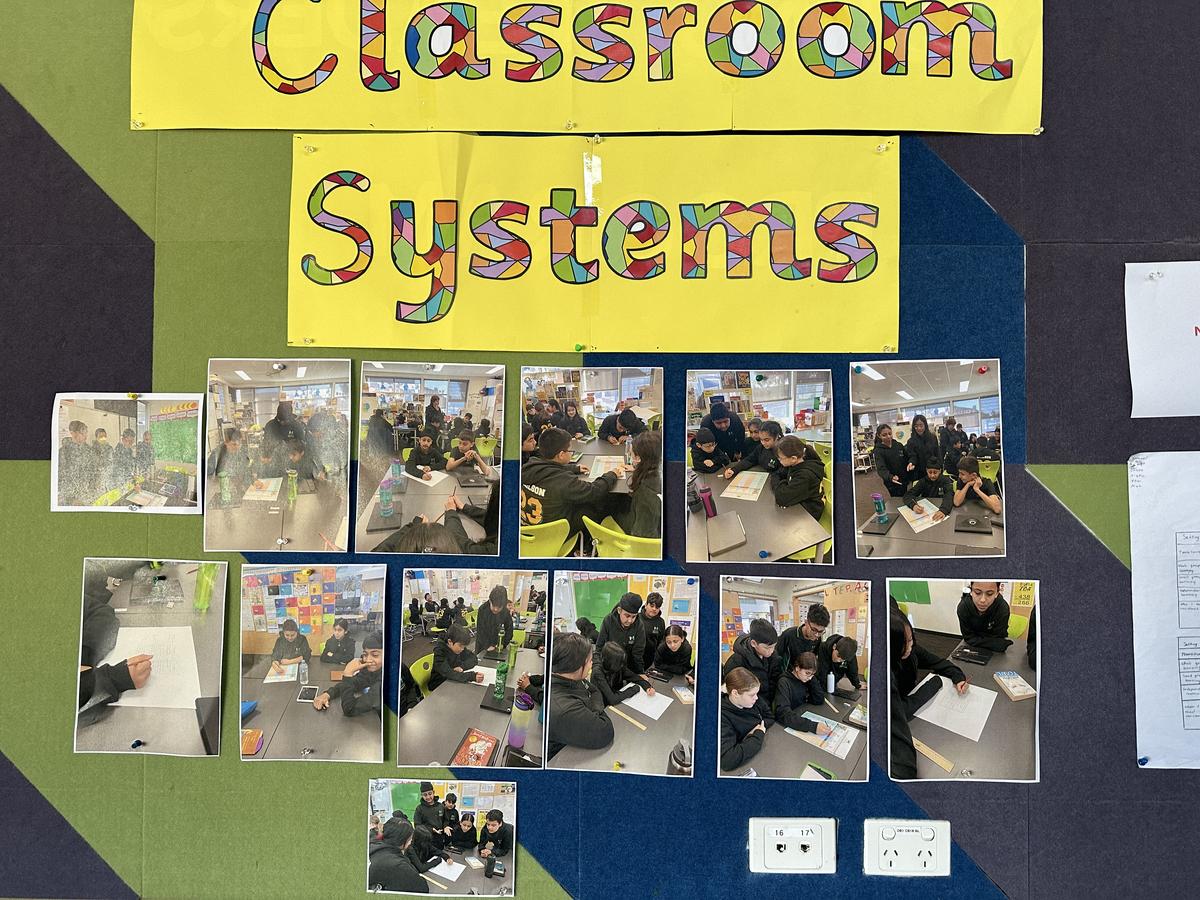
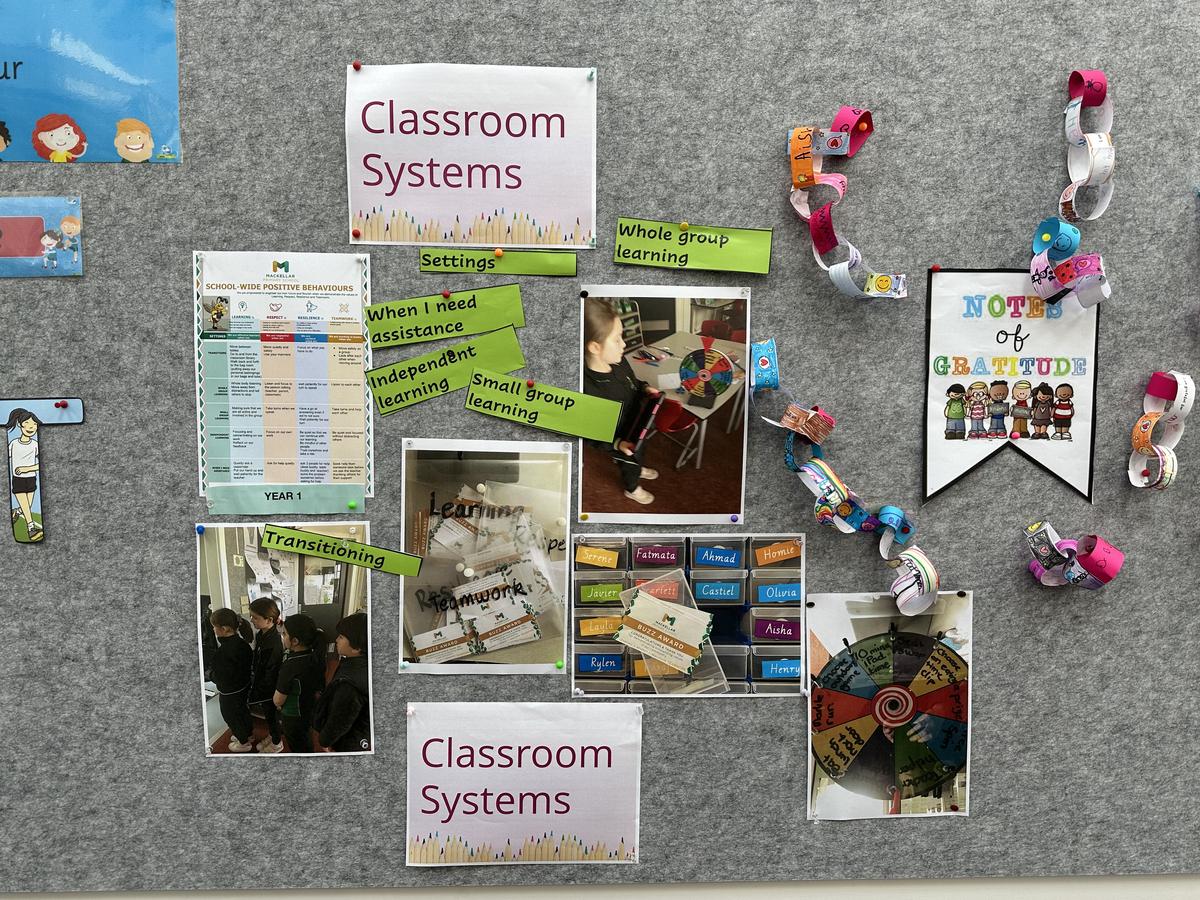
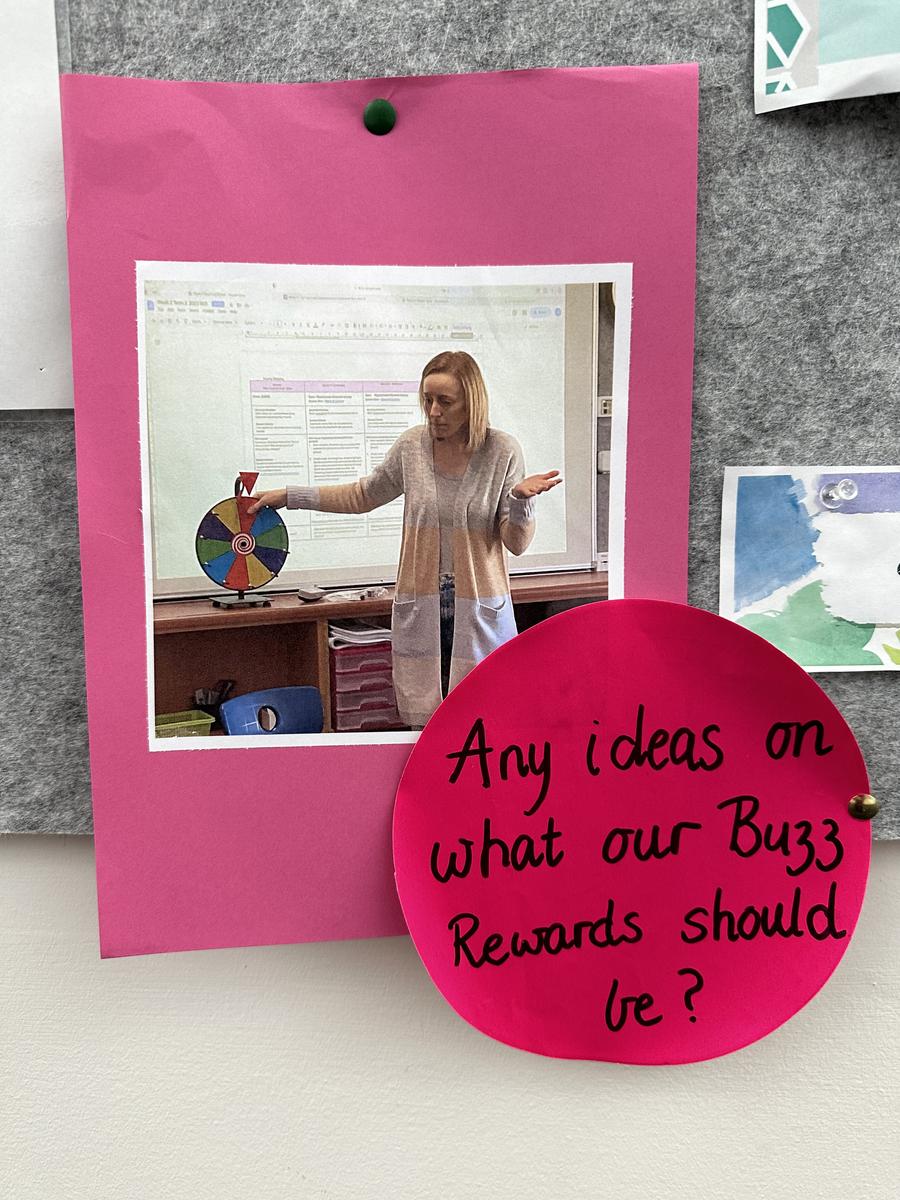

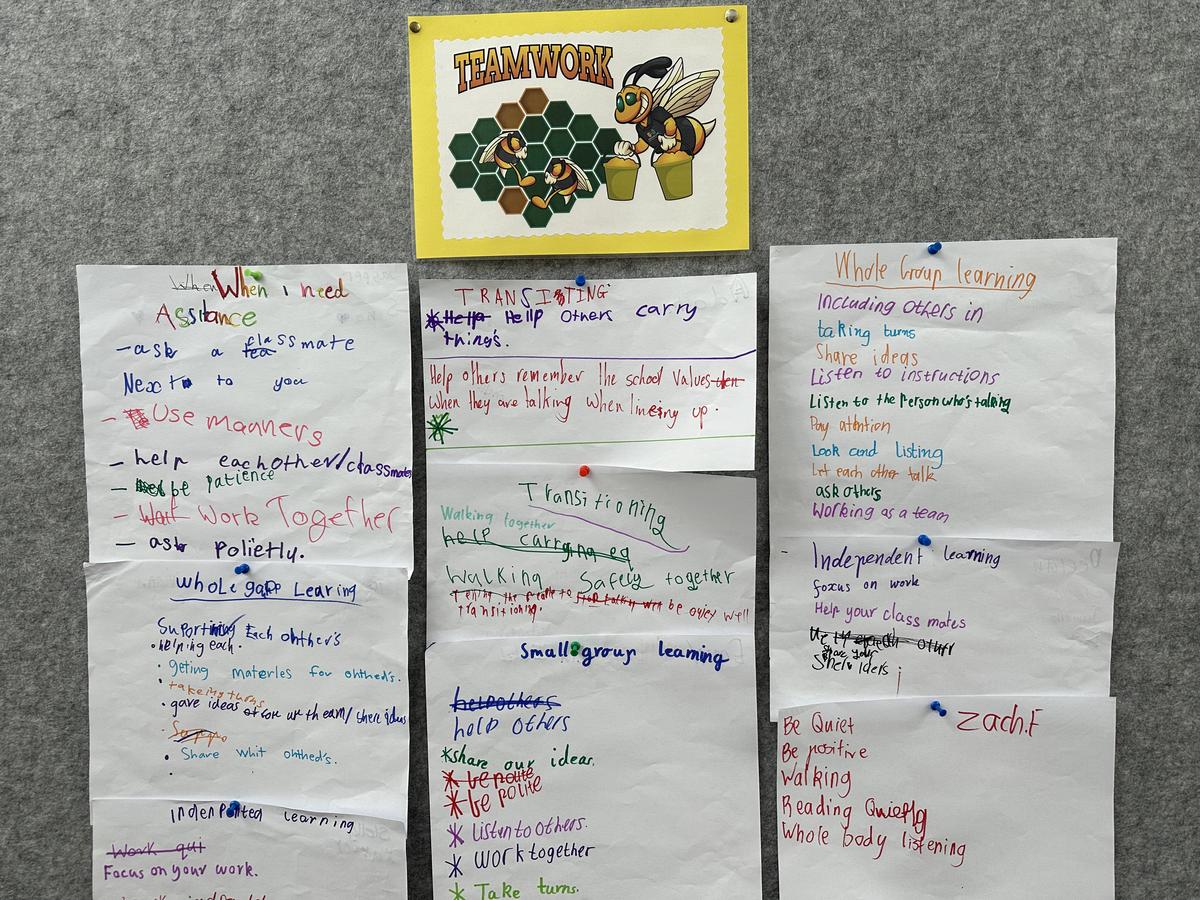

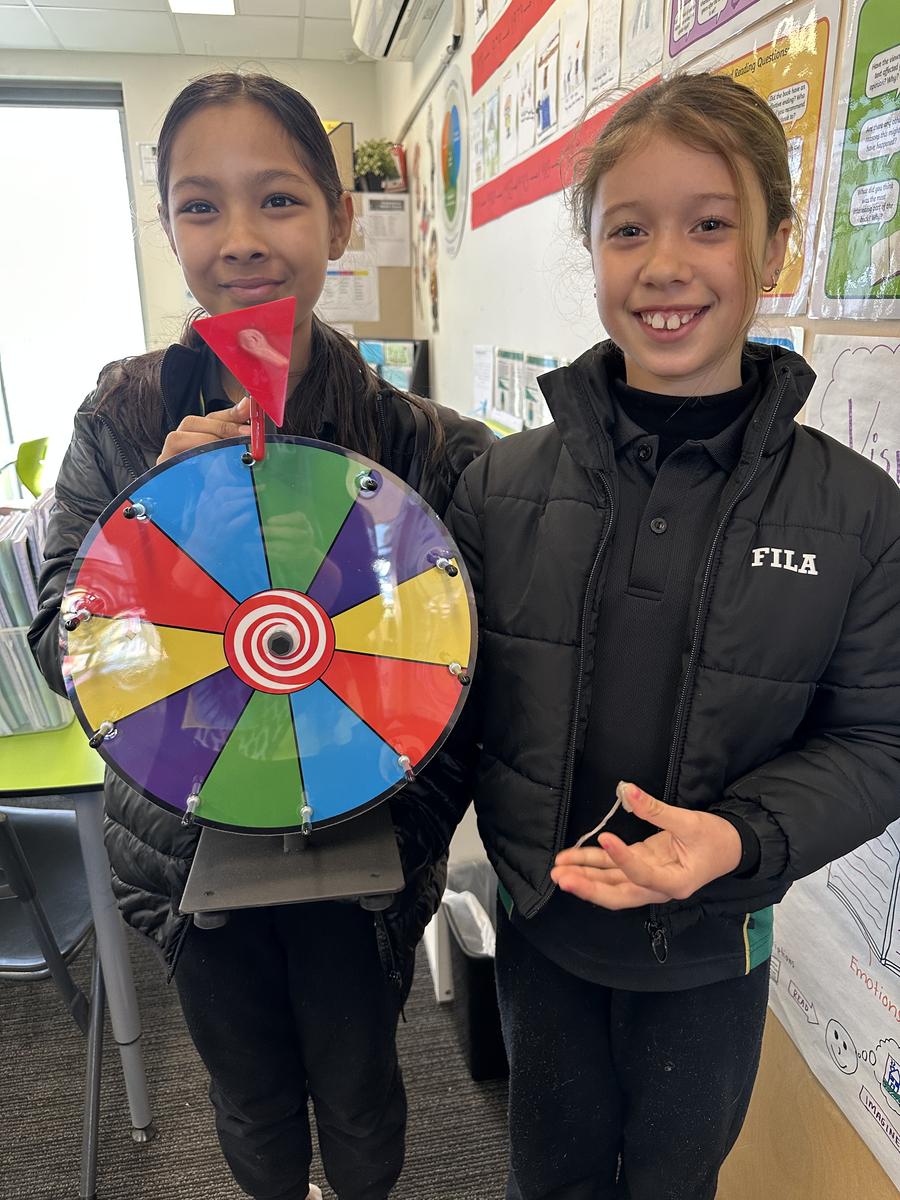
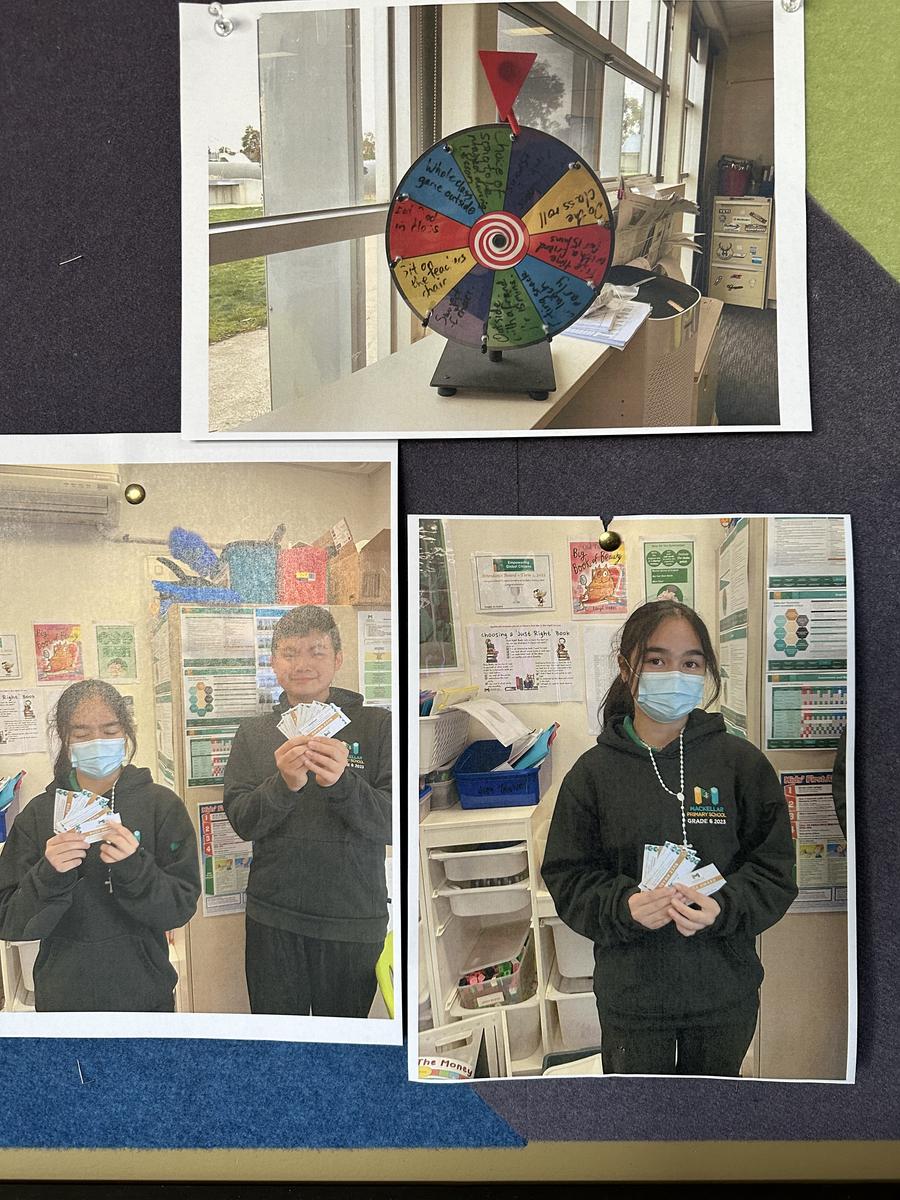
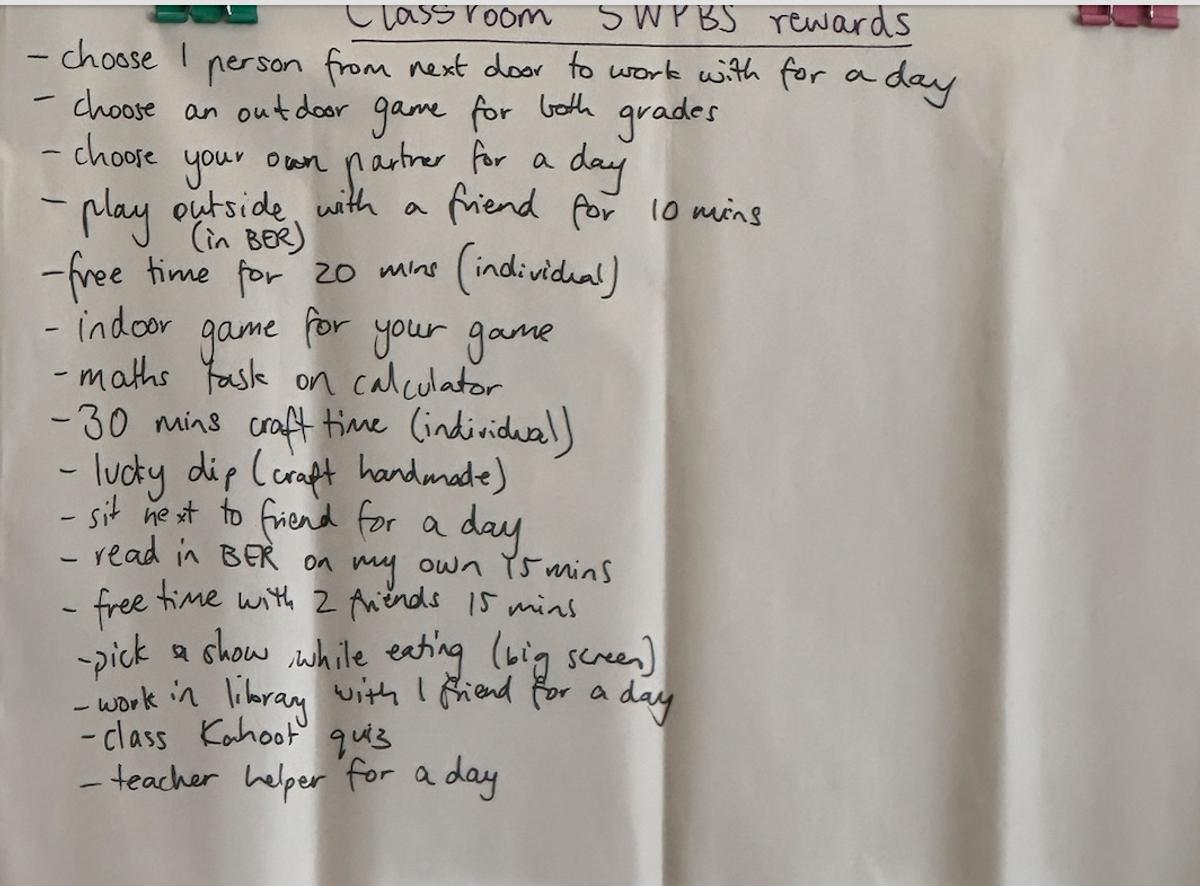
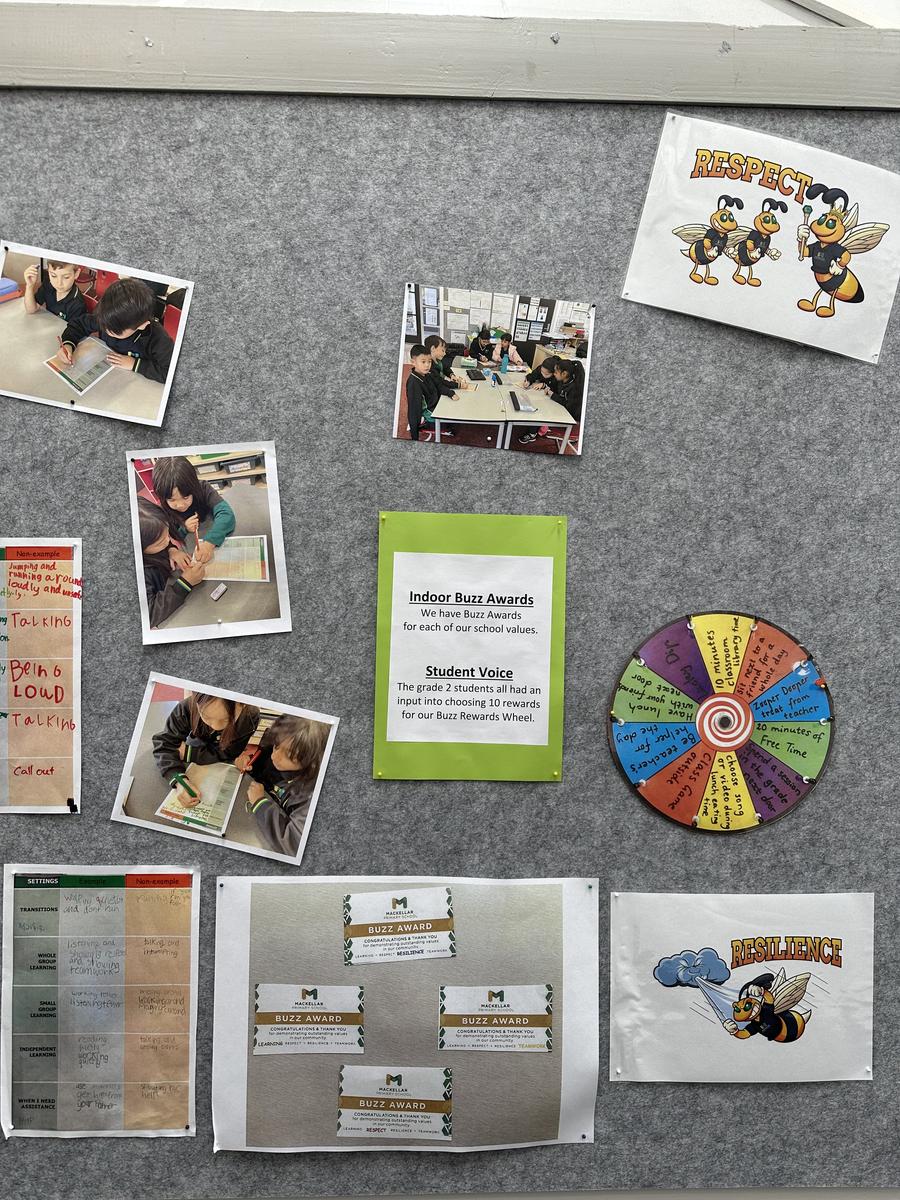
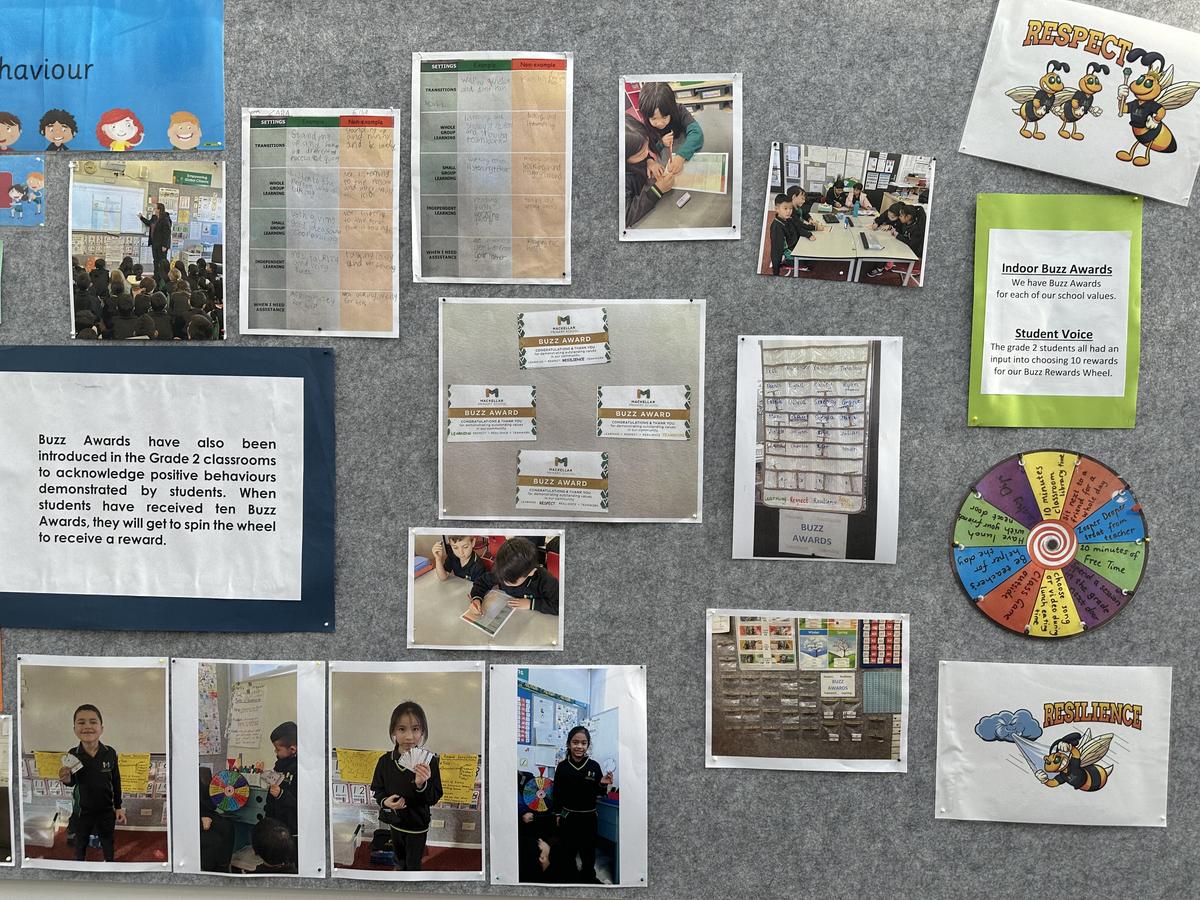
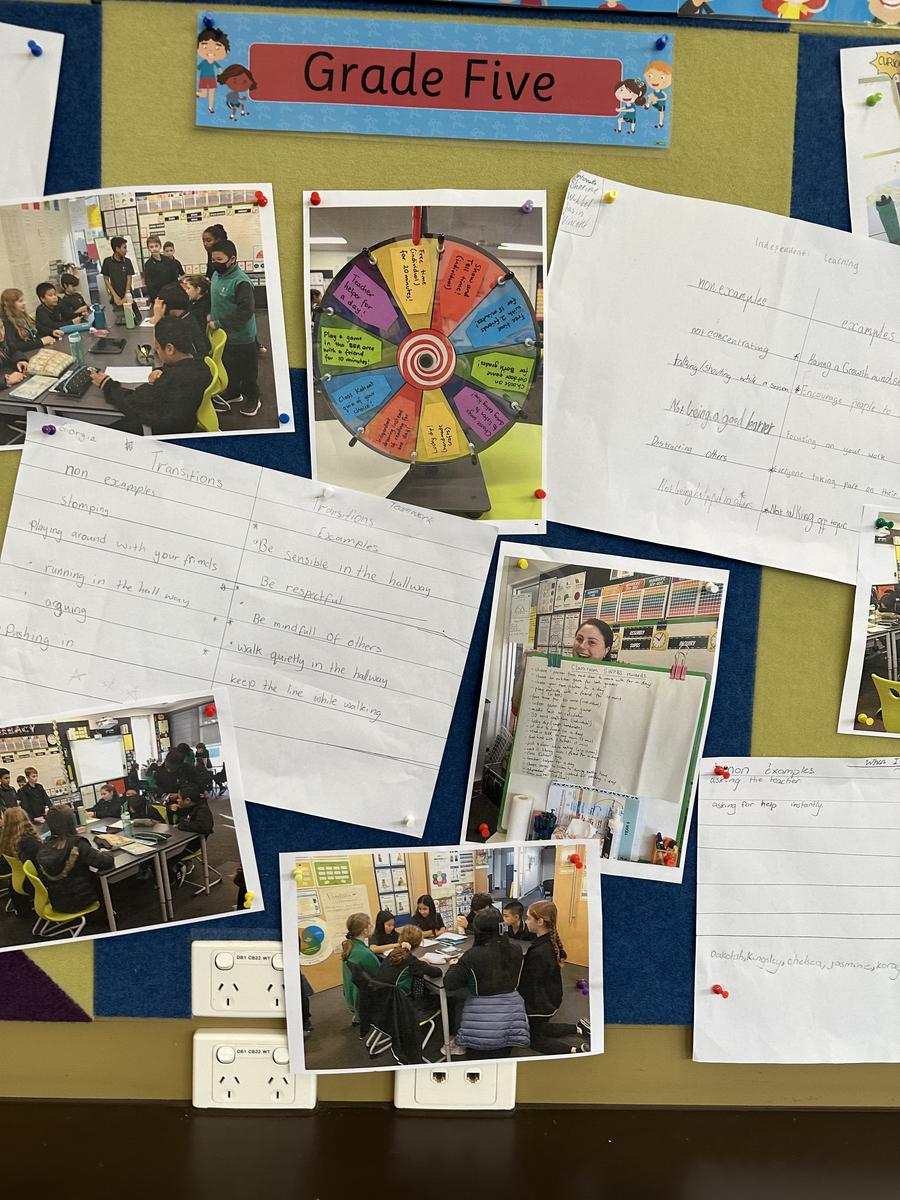












Lunchtime Clubs is a strong builder of social and emotional learning skills as students with shared interests connect with children from other grades and year levels. They really enjoy having a menu of choices about how they may spend their unstructured time. Clubs is also one of the many contributing factors that builds a sense of belonging for children in a positive school community.
Clubs start at the beginning of lunchtime and finish at 2.05pm. This means that students still have a chance to enjoy unstructured time outdoors.
Here is our most recent timetable that is promoted in all classrooms.
